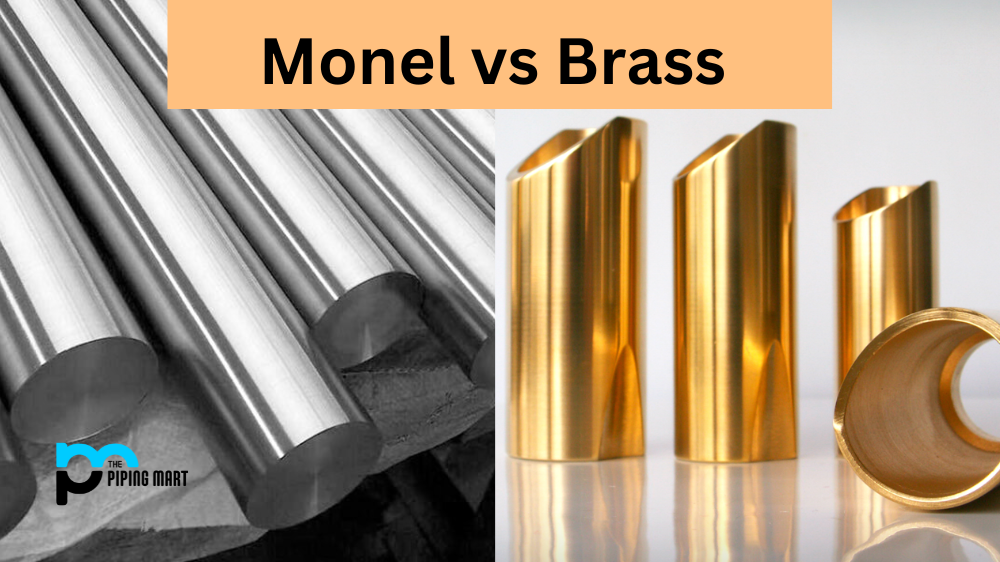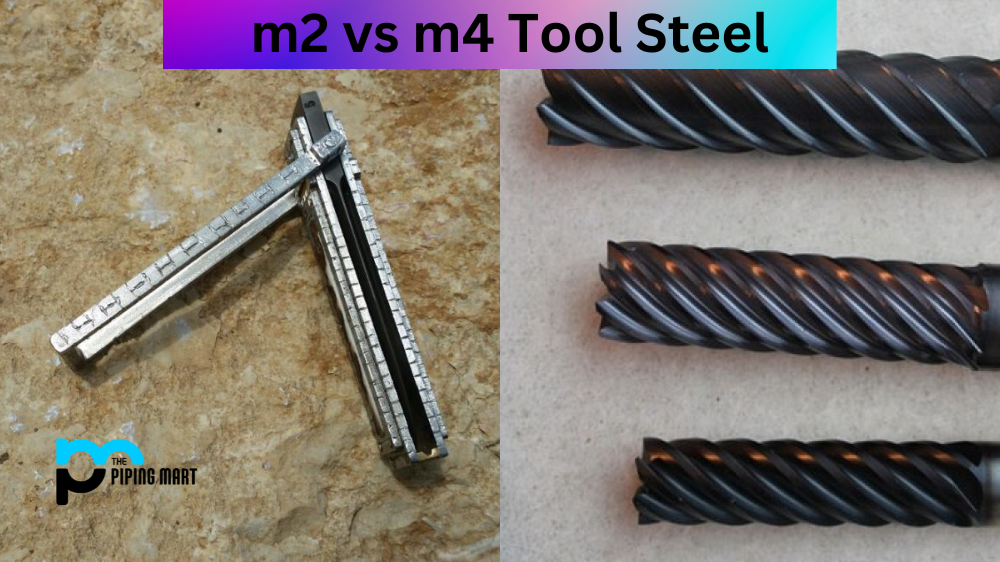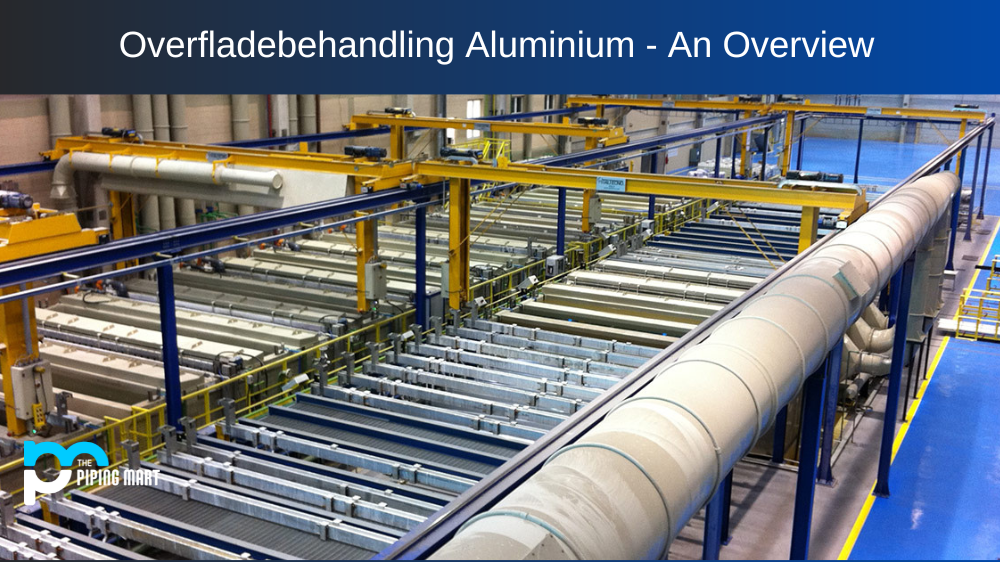If you’re in the market for a metal alloy, you may be overwhelmed by the sheer number of options available. Two of the most popular alloys on the market today are monel and brass. While both of these metals offer excellent strength and durability, they have some unique characteristics that make them better suited for certain tasks than others. In this blog post, we’ll take a look at the differences between monel and brass so you can choose which one is right for your project.
Monel vs Brass – Properties
The primary difference between monel and brass is their composition. Monel is an alloy made up of nickel and copper with trace amounts of other elements, such as iron or manganese. This combination creates an alloy with excellent corrosion resistance, making it ideal for use in harsh environments such as saltwater or acidic conditions. Additionally, monel is strong yet lightweight, making it well-suited to applications where weight is a critical factor—such as aircraft construction.
Brass, on the other hand, is a combination of copper and zinc with small amounts of other elements, such as lead or tin. This creates an alloy with good strength and ductility properties which makes it well-suited to applications where flexibility is important—such as plumbing fixtures or electrical components. Additionally, brass has excellent corrosion resistance when exposed to oxygenated water (such as tap water) but not so much when exposed to saltwater or acid solutions like those found in pools or hot tubs.
Monel vs Brass – Applications
When choosing between monel and brass for your project, there are a few key considerations to keep in mind. For applications that require corrosion resistance in salty or acidic environments (such as marine hardware), then monel would be your best choice due to its superior corrosion resistance properties compared to brass. Additionally, if weight is a factor, then monel should also be chosen since it is significantly lighter than brass while maintaining similar strength characteristics. On the other hand, if your application requires flexibility, then brass might be a better choice due to its higher ductility compared to the model’s brittle nature when cold-worked/machined/formed etc. Finally, if you need good corrosion resistance but don’t need extreme performance levels, then brass will likely suffice since it’s cheaper than monel while still providing adequate protection against rusting/oxidation etc.
Monel vs Brass Chemical Composition
Monel is an alloy of nickel and copper with small amounts of iron, manganese, carbon, and silicon. Brass is an alloy of copper and zinc. The proportions of these metals can vary, but typically, brass contains around 70% copper and 30% zinc.
Monel vs Brass Strength and Durability
Monel is stronger than brass, making it more resistant to wear and tear. Monel is also more resistant to corrosion than brass.
Monel vs Brass Uses
Monel is often used in marine applications due to its resistance to saltwater corrosion. It is also used in oil and gas production, as well as chemical processing. Brass is commonly used in plumbing applications due to its resistance to water corrosion. It is also used in musical instruments and decorative applications.
Monel vs Brass Cost
Monel is more expensive than brass due to its higher nickel content.
Monel vs Brass Recyclability
Both monel and brass can be recycled.
Conclusion
Monel and Brass are two very popular alloys used in many different industries ranging from industrial manufacturing to consumer products and everything in between! While both alloys offer excellent strength and durability, they have some unique characteristics that make them better suited for certain tasks than others – namely, Monels superior corrosion resistance & light weight combined with brass’s higher ductility & lower cost! Ultimately which one you choose will depend on your specific application & requirements – however, by considering their properties & potential applications outlined above, you should have no problem selecting the right alloy for any job! Thanks for reading!

A passionate metal industry expert and blogger. With over 5 years of experience in the field, Palak brings a wealth of knowledge and insight to her writing. Whether discussing the latest trends in the metal industry or sharing tips, she is dedicated to helping others succeed in the metal industry.




